Nonfiction November is hosted by Katie at Doing Dewey, Julie at Julz Reads, Sarah at Sarah’s Bookshelves, and Kim at Sophisticated Dorkiness, and Rennie at What’s Nonfiction? This week’s topic is Reads Like Fiction and is hosted by Rennie at What’s Nonfiction?
Nonfiction books often get praised for how they stack up to fiction. Does it matter to you whether nonfiction reads like a novel? If it does, what gives it that fiction-like feeling? Does it depend on the topic, the writing, the use of certain literary elements and techniques? What are your favorite nonfiction recommendations that read like fiction? And if your nonfiction picks could never be mistaken for novels, what do you love about the differences?
I may return to that topic in a future post, but for today, I’m taking a leaf from Lory’s post on Emerald City Book Reviews. She put a spin on the topic by asking:
What degree of factuality should there be in fiction, and to what degree is it acceptable to deviate from the facts in nonfiction? What works for you, or what do you find ethically acceptable?
I’m breaking her question into two parts. Today I’ll talk about factuality or the lack of it in fiction. Later in the week, I’ll talk about fact and truth in nonfiction, and the sometimes tricky space between fiction and nonfiction.
* * * * *
What degree of factuality should there be in fiction?
I much prefer historical accuracy in my historical fiction/mystery/romance, unless it’s very clear (as it is in historical fantasy) that we’re in an “alternate universe” of sorts. If I’m expecting accuracy, as I do in a historical novel or historical mystery, I get annoyed when the author gets the historical facts wrong or there are anachronisms in clothing, dialog, and so forth. I’m a little more lenient toward behavioral anachronisms in historical romance, because I know that romance authors often make their characters’ thoughts and behavior adhere closer to our modern sensibilities, rather than remaining historically accurate. I’m willing to accept that if the story is good and the characters relatable. But I’m still not going to be happy with discrepancies of historical fact. And while I don’t insist on period-perfect dialogue, please refrain from having your characters use words or concepts that hadn’t been invented yet!
(As a side note on historical accuracy: I worked in my college’s costume shop under a woman who was a stickler for historical accuracy (when it was called for), so I often roll my eyes at the cover art on historical romances and other historical genres as well. There’s a trend now for photographing women in long, fancy dresses that are clearly just modern ball gowns, prom dresses, or bridesmaid dresses, without any attempt at historical accuracy at all. This drives me NUTS.)
My preference for factuality extends to other types of fact, too: scientific fact, medical fact, and so on. If I’m expecting factual accuracy, and something in the book violates what I know to be true, it throws me temporarily out of the story, and continues to irk me (rather like a splinter) for the rest of the book. Just this week, I was reading a mystery set in the 1930s in which the victim dies of cyanide poisoning after having been nicked by a dart. Before the cause of death is known, one of the people in the pub worries it might have been lockjaw. Now, I know that lockjaw (tetanus) does not work that quickly, but I was willing to believe the character didn’t know. But the doctor should have and would have known. So when he responded, “I won’t know until I do the autopsy,” (I’m paraphrasing here), it immediately burst the bubble of my suspended disbelief. It’s a little thing, but it would have been so easy for the author to check. Days later, it’s still nagging at me.
On the other hand, I certainly don’t insist on factual accuracy in everything I read! I delight in fantasy stories where magic exists side-by-side with science, or supersedes our understanding of science (including physics) altogether. And even science fiction must often invent, in order to further the story, technologies that cannot exist given our current understanding of physics: FTL drives that travel faster than the speed of light, for example. Without warp drive or some facsimile thereof, Star Trek, Star Wars, and innumerable SF novels could not exist. (Of course, our understanding of physics could change, enabling such a technology to be invented.) The difference is that when I read fantasy or SF, I know going in that there will be departures from reality; as long as they work and make sense within the story, that’s what matters.
Similarly, in genres like historical fantasy, historical science fiction, or “alt-universe” fiction, I have no problem with changes to the historical record. I will happily read books in which, for instance, a meteor struck the East Coast in the 1950s, precipitating drastic climate change and an international space program (The Calculating Stars by Mary Robinette Kowal), or a world in which the Napoleonic wars include an Aerial Corps who fly on dragons (Naomi Novik’s Temeraire series.) However, even here, some degree of factual accuracy is helpful in establishing the “reality” of the fictional world. Kowal worked with astronauts and scientists to make the science, tech, and culture of her International Aerospace Coalition (IAC) as realistic and accurate as possible. Novik has clearly thought about and studied not only British social history and the military history of the Napoleonic Wars, but the history of British trade and colonization, the sailing ships and naval tactics of the era, and the various cultures with which Temeraire and his human friend and captain come in contact.
My bottom line is this: If you’re writing about things where there are verifiable facts, get the facts right. If your book is set in a particular historical period, get the historical details right: food, clothing, social mores, religious beliefs, and so forth. If you do this well, I will stay immersed in the story, and that world and your characters will come alive for me. But if you make mistakes because you didn’t do your research, you’re going to lose me as a reader. Don’t ignore how long it really takes to get from one place to another by carriage or car or rocket, or have your medieval peasants eating potatoes before the discovery of the New World. If you’re writing about a character who is a scientist or a musician or an amputee or a nonbinary person or a person of color, and you don’t have firsthand knowledge and understanding of their field or their experience, consult someone who does. Better yet, consult several someones. Get. It. Right.

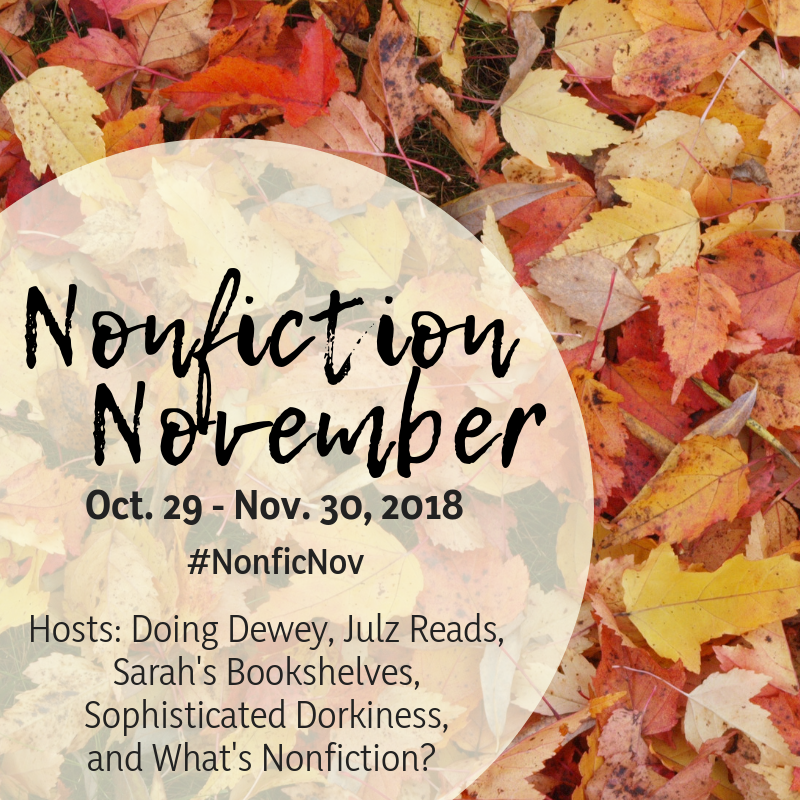
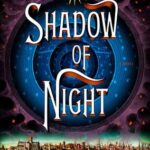
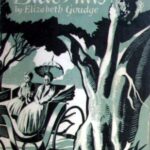

























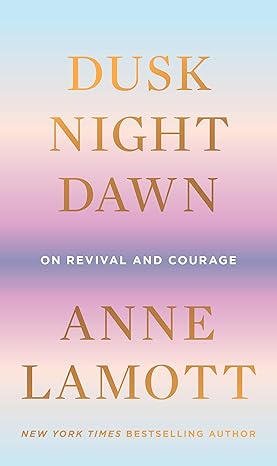
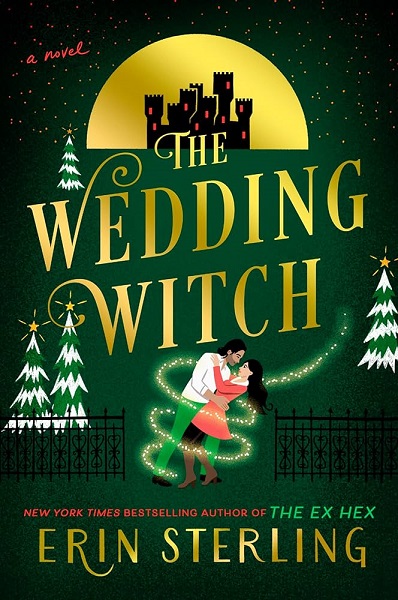









Rita @ View From the Books
I love this long post of yours! I also read and follow What’s Nonfiction, and get some suggestions from her along the way. Thank you for sharing your thoughts and have a wonderful weekend!
Lark_Bookwyrm
I only recently discovered What’s Nonfiction (through Nicole at Book-Wyrm Knits), but will be checking in there periodically from now on. Have a great weekend!
Northwoman
Yes, this is exactly so. I even have trouble with billionaire romances because really, how many billionaires are out there running around? Millionaires maybe but billionaires less so. Anne – Books of My Heart
Northwoman recently posted…The Beautiful Ashes by Jeaniene Frost
Lark_Bookwyrm
Agreed. I mean, a really good author can sell me on almost any scenario if they keep things internally consistent and make it seem reasonable, but if the trope is fairly unbelievable to begin with, the author is fighting an uphill battle.
Nicole @ BookWyrmKnits
I agree, there needs to be some level of believability even in fantasy novels. The closer to “historical” one gets, the more believability there needs to be. I remember one contemporary paranormal where I could accept all the weird stuff going on… but the heroine gets in a manual car without having driven a stick for years, and drives around San Francisco without any problems. THAT I found unbelievable, due to all the hills in SF. I wasn’t comfortable driving my manual around those hills even when I was in practice!
Nicole @ BookWyrmKnits recently posted…Friday Reads: A Peek at my Book Bucket List (13 of 15)
Lark_Bookwyrm
Yes, that’s exactly the sort of thing I’m talking about, that throws me out of the story. (And the idea of driving a manual transmission in SF fills me with dread—even though I rather liked driving stick as a rule.)
Nicole @ BookWyrmKnits
I kinda got used to hills in my manual car, but I never really liked it. Mr. Wyrm did always enjoy it, though, so I ended up letting him drive when we went to the city in our manual cars. We now have automatics, so we don’t have that problem. Still… it’s not my favorite place to drive around (even though I do love going to SF).
Nicole @ BookWyrmKnits recently posted…Sunday Summary ~ 25 November 2018
Lark_Bookwyrm
I think even in an automatic, San Francisco would give me pause. My dad lives in Salt Lake City, and some of the streets climb the mountains’ flanks. I will go out of my way to avoid driving on a few of those, especially in wet or snowy conditions.